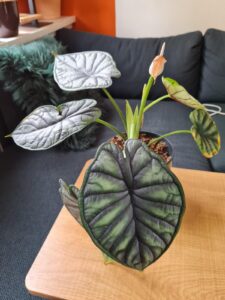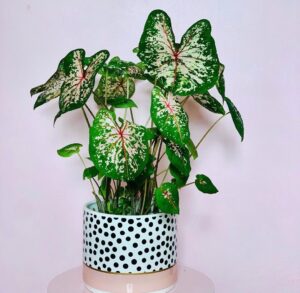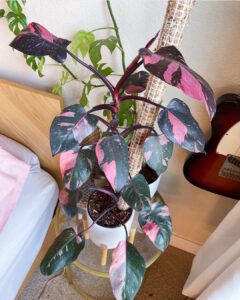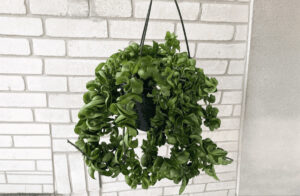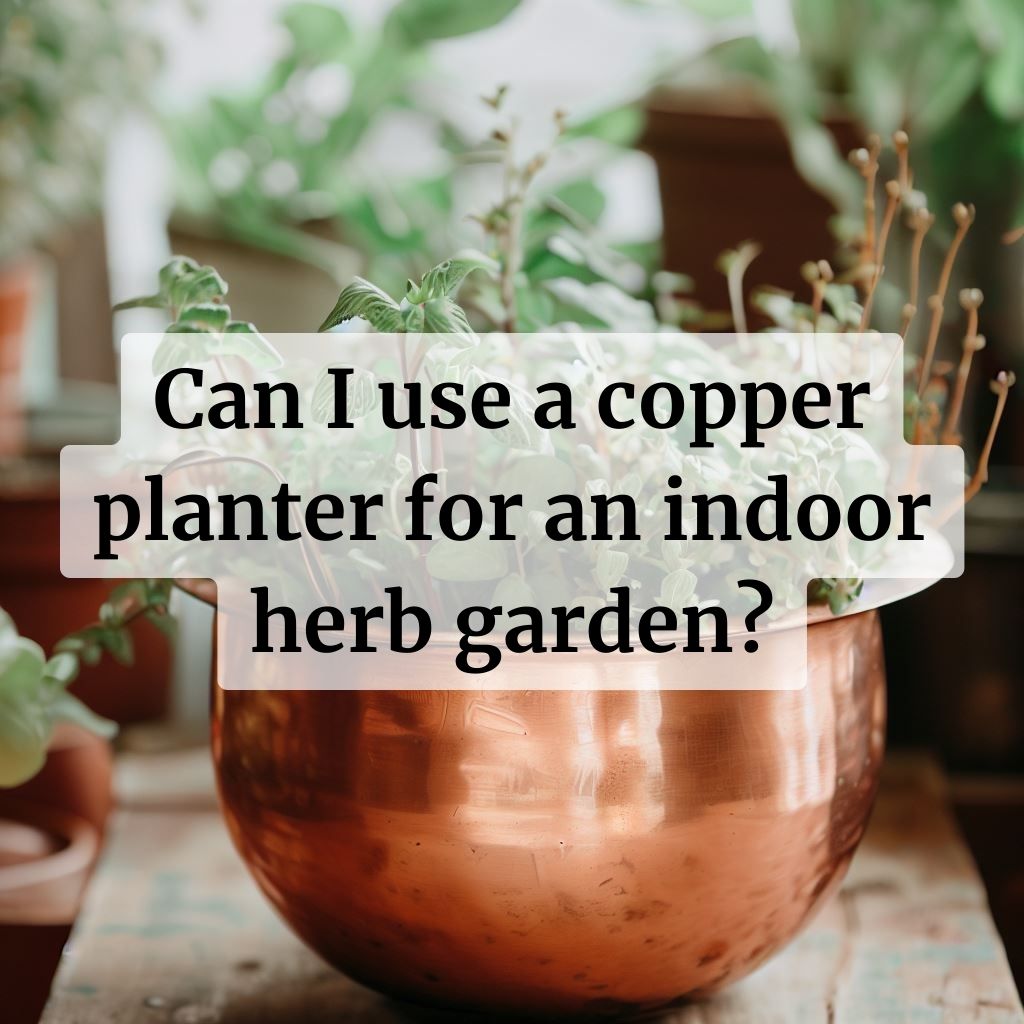
If you’re looking to start an indoor herb garden, you might be wondering if a copper planter is a good option? Yes. you can use copper planters for your indoor herbs.
In this article we’ll quickly discuss the benefits and drawbacks.
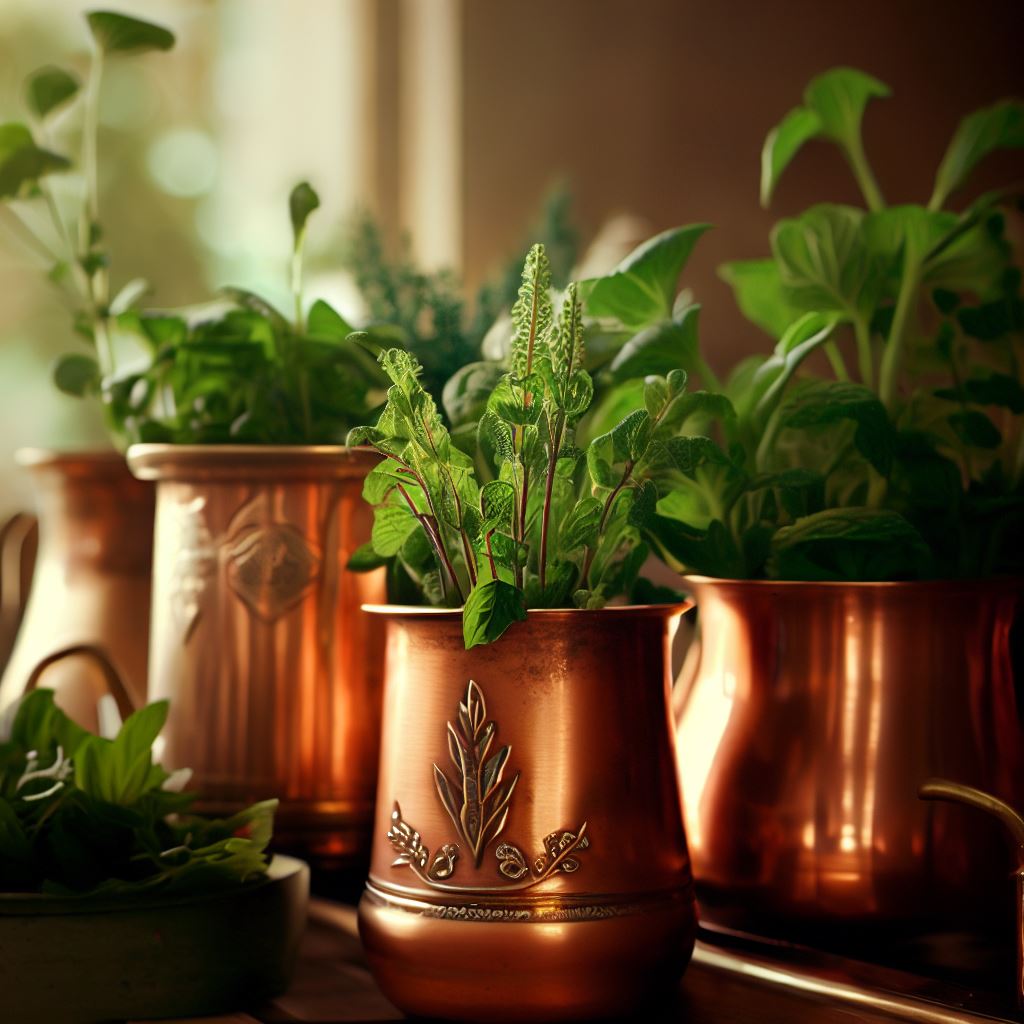
Benefits of using a copper planter for an indoor herb garden
- Aesthetically pleasing: Copper planters are visually appealing and can add a touch of elegance to your indoor herb garden.
- Durable: Copper is a durable material that can withstand the test of time. Copper planters are resistant to rust and corrosion, making them a great long-term investment.
- Natural fungicide: Copper has natural fungicidal properties that can help prevent the growth of harmful bacteria and fungi in your indoor herb garden.
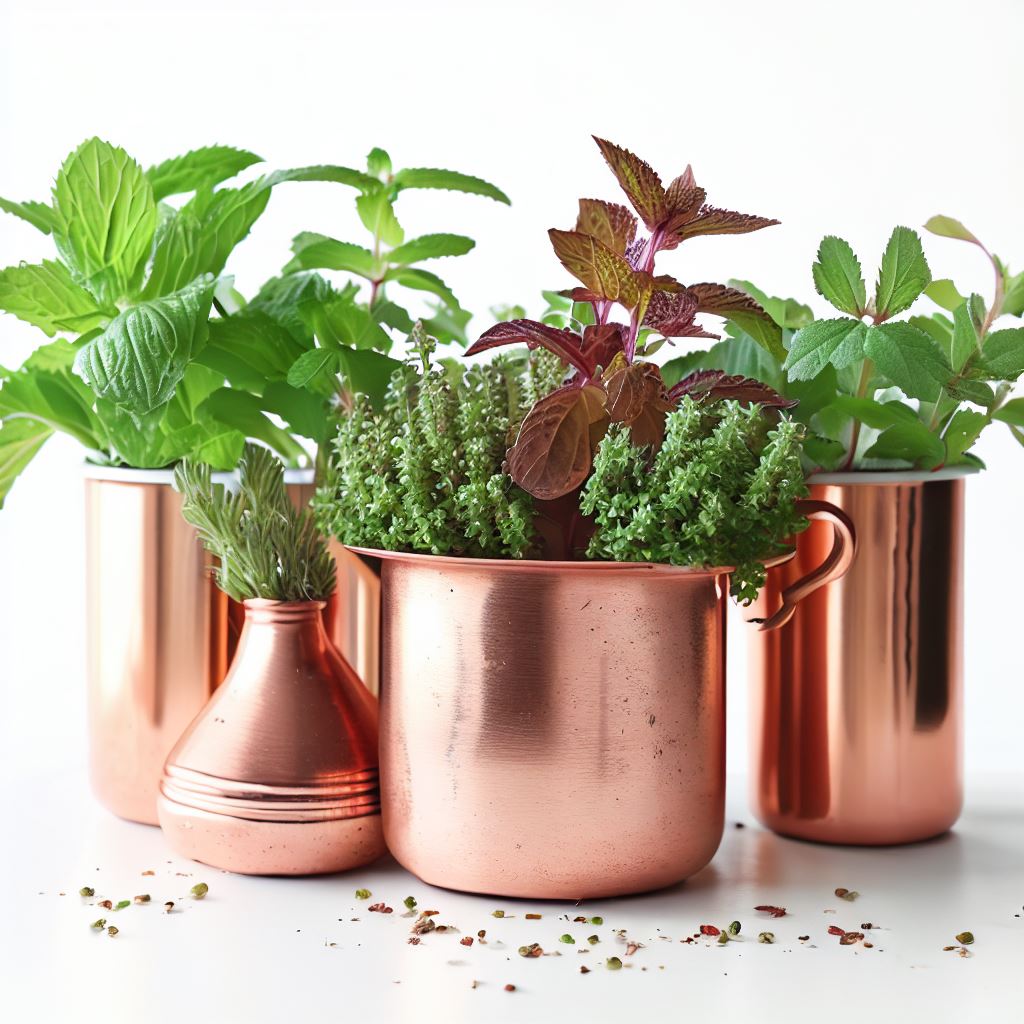
Drawbacks of using a copper planter for an indoor herb garden
- Expensive: Copper planters can be more expensive than other types of planters, which may not be ideal for those on a budget.
- Reactive: Copper is a reactive metal that can interact with the soil and affect the pH levels. This can be harmful to some plants, including herbs.
- Toxicity: Copper can be toxic to plants in high concentrations. While copper planters are generally safe for indoor herb gardening, it’s important to monitor the soil pH levels and copper concentration to ensure the health of your plants.
Copper is a durable and visually appealing material but it can be expensive and reactive with the soil. However, with the right care and attention, copper planters can provide a natural fungicide and a touch of elegance to your indoor herb garden.
Remember to choose the right herbs, use the right soil, provide adequate light, water properly, and fertilize regularly to ensure the health of your indoor herb garden.
Happy gardening!


